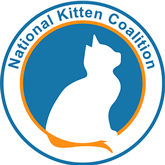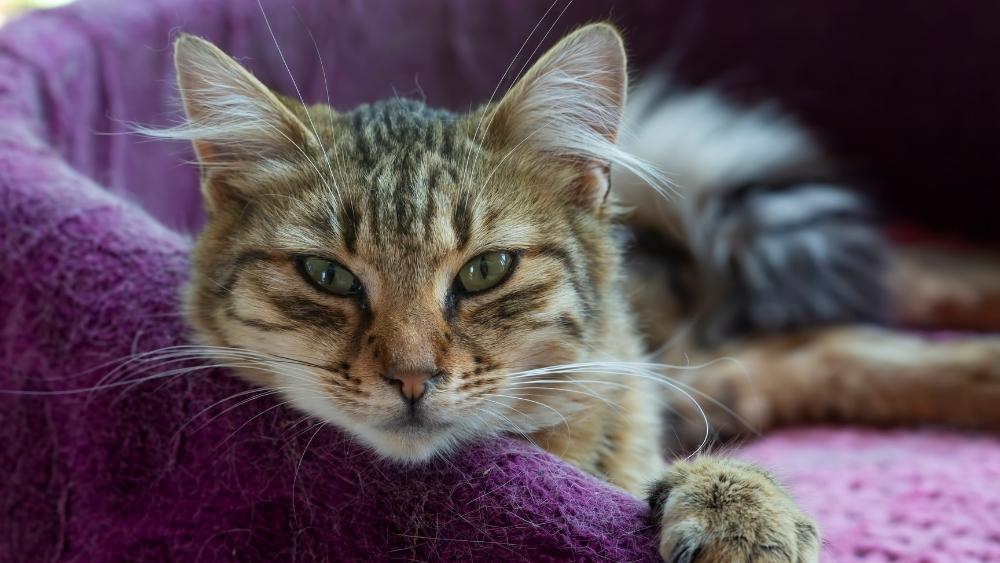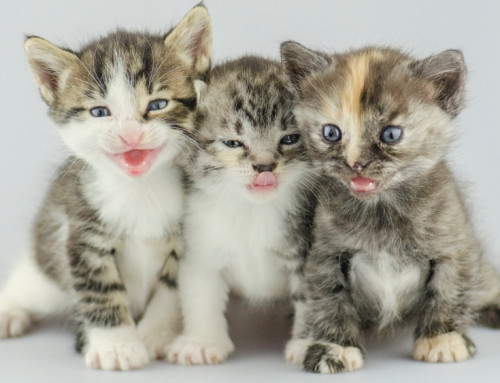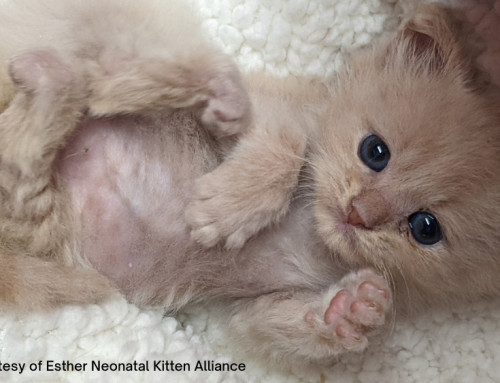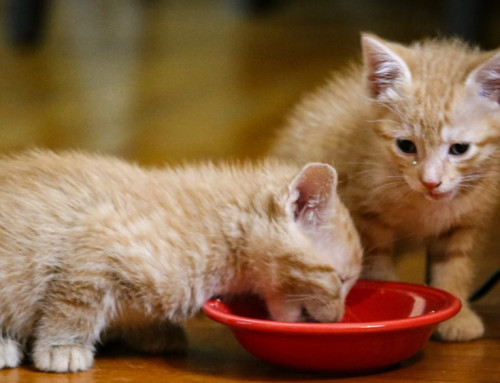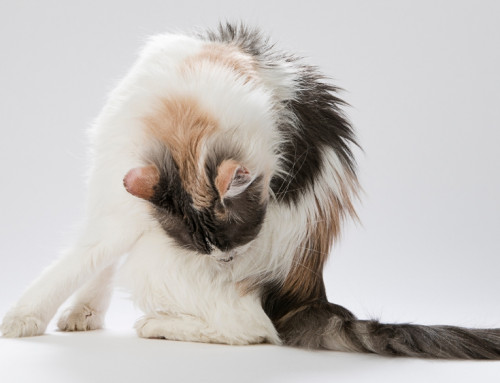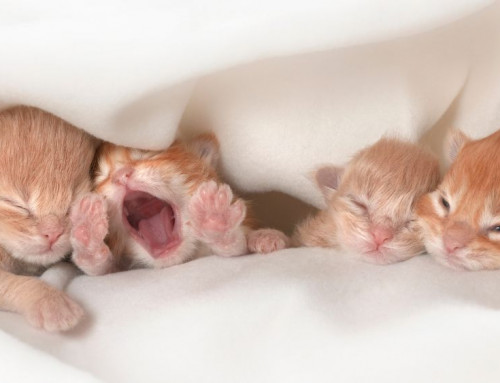Share this resource or email it to a friend!
This is part 3 of this 3-part series on FIV. Part 1 covers transmission and testing, and part 2 covers prevention and support.
Unfortunately, no treatment exists that will clear the virus from a cat’s system.
Antiviral therapy is sometimes considered in FIV-positive cats, but often with minimal benefit and serious side effects.
A confirmed FIV-positive cat should remain indoors to prevent the spread of infection. Other cats in the household should be tested for FIV, but separation is not always required. According to recent studies, it is very unlikely that FIV-positive cats will spread the disease in a multi-cat household as long as all cats are spayed and neutered and there is a low stress environment without fighting. To reduce the risk of stress and territorial fighting, new cats should not be introduced into a household with an FIV-positive cat.
Stress most likely plays a role in triggering the virus to reactivate. Crowding or a lack of separate resources such as food bowls, water bowls, litter boxes and safe resting places will cause stress in a multi-cat household and should be avoided. At any signs of stress, it is best to separate FIV-positive cats to allow them to have their own safe space and resources.
Diet is an important consideration for FIV-positive cats. A high-quality, commercial diet is recommended. Raw food diets should be avoided due to the potential for bacterial and parasitic infections.
It is recommended that FIV-positive cats visit their veterinarian every 6 months for wellness examinations. Their exams should include accurate weight checks and comparisons, routine blood testing that includes a complete blood cell count and comprehensive biochemical analysis, urinalysis, fecal parasite testing and internal and external parasite prevention. Vaccinations should be considered according to the cat’s lifestyle.
In addition to twice-yearly wellness checks, monitoring at home is important for FIV-positive cats. Pet parents should watch closely for any changes in behavior, as these could be the first indication of disease.
It’s very important that FIV-positive cats be immediately evaluated and treated when any change in behavior, weight loss or symptoms of illness occur. Cats who are FIV-positive will most likely need more aggressive and longer treatment with medications, such as antibiotics, in order to prevent disease.
Studies have shown that FIV-positive cats will live longer, healthier lives outside of an animal shelter. Healthy, individually housed cats or kittens less than 6 months of age who are to remain in the shelter until adoption are no longer being tested by shelters; testing is more commonly performed by private practice veterinarians when clients bring in their newly-adopted cat or kitten.
However, it’s highly recommended that shelters test: high-risk or symptomatic cats or cats with a history of exposure to an infected cat; prior to adding a cat to group housing; before a significant medical intervention; and cats who have been seized as evidence in cruelty cases and are being cared for until criminal charges are settled.
There’s an endless amount of ever-evolving information on Feline Immunodeficiency Virus. Whereas euthanasia was previously recommended based solely on a single positive test, that is fortunately no longer common in many shelters.
Adopters are willing to open their homes and hearts to FIV-positive cats now that the disease and its management are better understood. It has now been shown that cats can live relatively normal, healthy lives when cared for appropriately by their pet parents and veterinarians.
